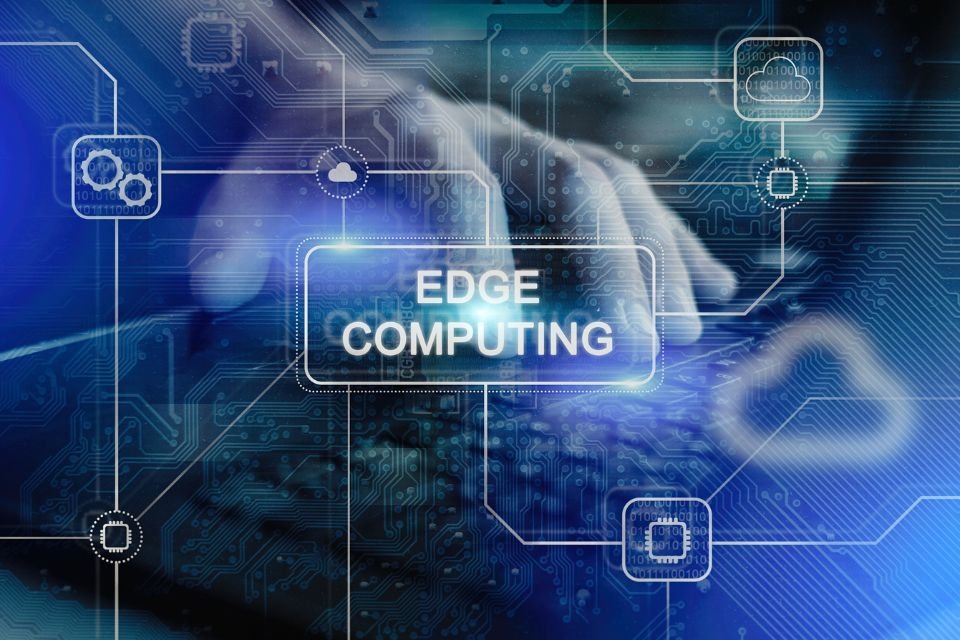By Júlio Martins.
At a time when the amount of data generated daily is reaching gigantic proportions, a fascinating opportunity arises, but also an undeniable challenge for traditional data processing infrastructures. Explosion of information from connected devices, sensors and various systems This poses a dilemma for traditional architectures, revealing the urgent need for innovations that can optimize the processing of these huge data.
In this context, the demand for a more efficient and agile approach emerges. The data collection, processing and analysis process can no longer rely solely on centralized data centers; It faces challenges such as latency, network overload, and vulnerabilities to service outages.
It is in this context that Edge Computing emerges as a promising solution and promises to revolutionize the way we deal with data in an increasingly interconnected world.
What is Edge Computing?
Edge Computing is a decentralized approach to data processing that transfers computing power to the edge of the network, closer to the devices and locations where data originates. Unlike traditional cloud computing, which centralizes processing in remote data centers, Edge Computing places computational intelligence directly at the edges of the network, near data collection points.
This decentralized architecture allows devices to process and analyze data locally, reducing latency and easing the load on networks. With Edge Computing, Decisions can be made faster in real time, without the need to transfer data to remote locationsBy instantly responding to the demands of the ever-evolving digital environment.
Advantages of Edge Computing in data processing
The benefits of Edge Computing go beyond reducing latency. This innovative approach offers a number of important advantages for efficient data processing. First, Edge Computing reduces the pressure on networks by distributing the computational load and allows more efficient use of available resources.
Additionally, decentralized management contributes to data security because sensitive information can be processed and stored locally, minimizing the risks associated with the constant transfer of data over the network.
Scalability has also been improved, allowing you to expand compute capacity as needed without relying solely on upgrades in centralized data centers.
The promising future of Edge Computing in data processing
Edge Computing emerges as a game changer in data processing scenario, It offers a dynamic and agile solution to the challenges faced by traditional infrastructures. Its importance in optimizing data processing is undeniable; It not only provides operational efficiency, but also opens the door to innovations in various sectors.

As we move towards a future increasingly dependent on connectivity and automation, the role of Edge Computing will become even more important. Decentralizing data processing not only increases efficiency, but also opens up space for the creation of new applications and services that were previously impossible due to the limitations of centralized infrastructures.
Therefore, Edge Computing is not only a solution to current challenges, but also a fundamental piece of the digital future puzzle. Revolutionizing the way we understand and handle data processing in an increasingly interconnected and data-driven society.
****
Júlio Martins is the Director of Innovation at Roost, a technology company specializing in Edge Computing solutions.
Source: Tec Mundo
I am a passionate and hardworking journalist with an eye for detail. I specialize in the field of news reporting, and have been writing for Gadget Onus, a renowned online news site, since 2019. As the author of their Hot News section, I’m proud to be at the forefront of today’s headlines and current affairs.











